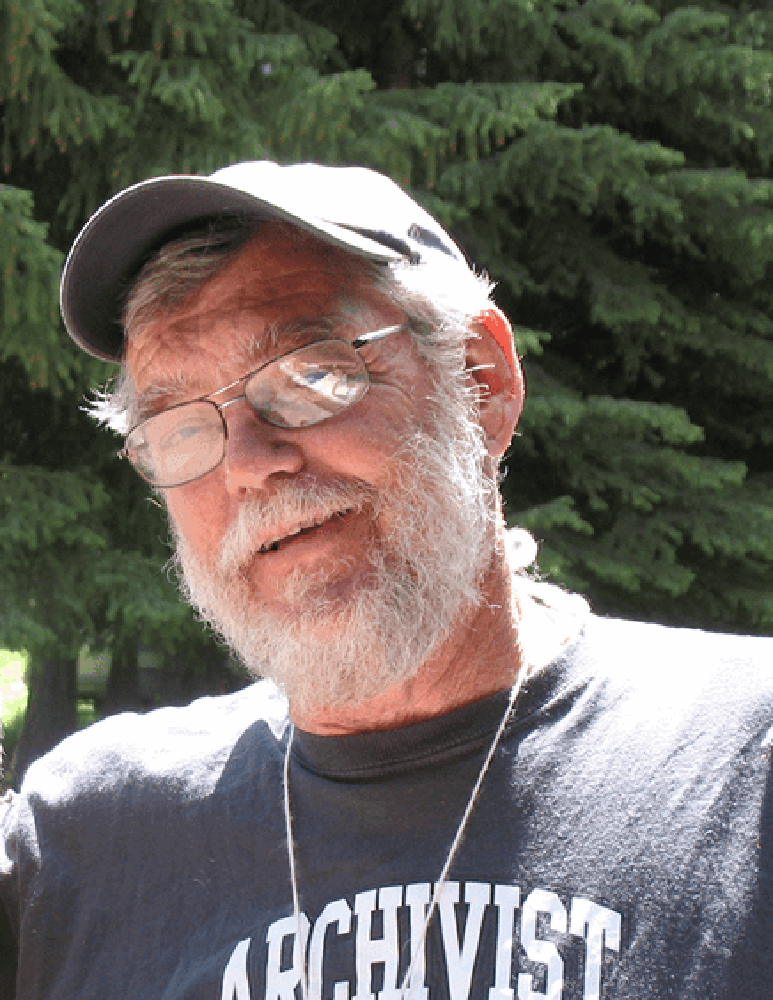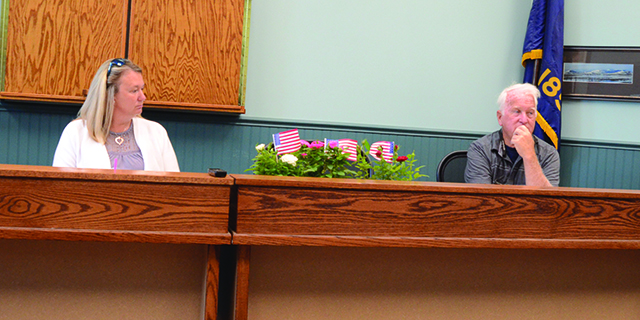Main Street: ‘I’m lucky to be where I am’
Published 6:00 am Wednesday, December 15, 2021

- Rich Wandschneider
I hadn’t been farther away from the county than Pendleton since the COVID started — and maybe months before that. I can’t remember my last trip to Seattle. It’s been years. Last week I went to Portland and Seattle to see old friends and family.
Here we see the cities through summer people and recent transplants, the evening news and the stuff that makes the headlines in the New York Times that I read online.
I’ve long thought that COVID is a magnifying glass, exposing the cracks in our worlds. And that its impact is more than the people who get sick and those who die. It’s the parents who have to learn to teach their own children, the parent who gives up a job because someone has to stay home. It’s rich folks with RVs and a job they can do remotely — or not needing a job — who put their family in the RV and do a history lesson on the road. It’s people retiring early, selling out in Seattle or Portland and moving to Wallowa County.
It’s kids missing proms and sports seasons, and everyone retreating to places they find physically and emotionally safe. It’s divided communities and divided families with different ideas of what and where “safe” is.
* * *
I left mid-morning on a sunny Thursday, drove through the valley relishing every turn in the road, thinking how lucky I’ve been to make those turns for over 50 years. In Lostine, they know to give me a small cup of house coffee at Blue Banana, and sometimes a biscotti. Mid-morning there’s no traffic — there’s never traffic in the urban sense of that word — and it was as if the road was mine, had been built for me to make this drive.
Through the canyon and over Tollgate. I love that road, although there have been scary times with big winds and snow blowing so hard visibility goes near zero. This Thursday, the air was crisp and cars and trucks were few. And it was stunning coming down on the west side, through the one-time tilled and pastured lands that have reforested with the CRP (Conservation Reserve Program). The CRP pays people to let marginal farm land go back, reestablishing land cover, improving water quality, preventing soil erosion and enhancing wildlife habitat. It is, I thought, doing its job.
I stopped at Tamastslikt on the Umatilla Rez. I love that place, too, with its honest look at the past and its own “CRP” for reviving Indian culture. Tamastslikt helps us with exhibits at the Josephy Center, and being involved with both organizations — helping people see the past honestly and think art and culture in the present — is a great blessing for me.
* * *
The traffic picks up about Hood River; I was in and out of cruise control the rest of the way.
My granddaughter rents a tiny house — about 250 square feet, with bedroom, kitchen, and bath all jammed into it, for $875 a month in Portland — and has a good job to cover it. In her free time, she fishes at the coast or on mountain rivers. She made crab cakes for dinner.
It was the beginning of a kind of gastronomical frenzy. In Seattle, we ate bouillabaisse in a Pike Place restaurant, and had an eight-cheese, prosciutto and fresh-fruit brunch. Back in Portland, my brother and his wife, who know how much I like Middle Eastern food, ordered an Iraqi banquet from DarSalam for dinner, and another gourmet brunch with friends on Sunday morning sent me on the road home.
I love that drive that some people dread — unless there is slush or ice in the Gorge. But on Sunday the sun shone, and somewhere between Hood River and The Dalles my hands relaxed on the wheel and I could listen to music and think my way home.
I thought about how wonderful it was to see the friends and family, and how good to see faces on the streets and in restaurants that were Asian and Brown and Black. But, how much of their lives, I thought, do these people spend bumper to bumper in their cars? With the rain! And how wretched the freeway-side homeless camps are. And how sad.
I thought about how hard it was for a son from India and two brown grandchildren to grow up in the very white Wallowa Valley. Maybe we should have moved with our son when he was young?
But he’s fine in Phoenix now, and the grandkids are making their own ways in the world. And the Nez Perce are coming home, and I can eat Mexican and Thai in the Wallowas now.
I’m lucky to be where I am.









